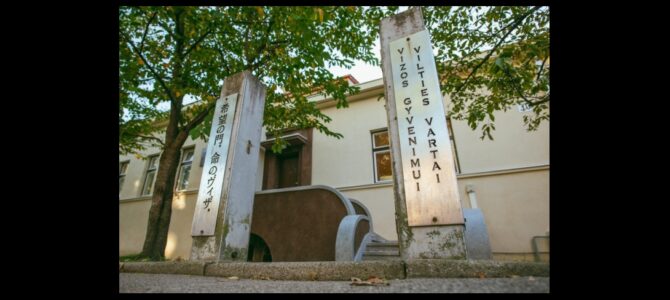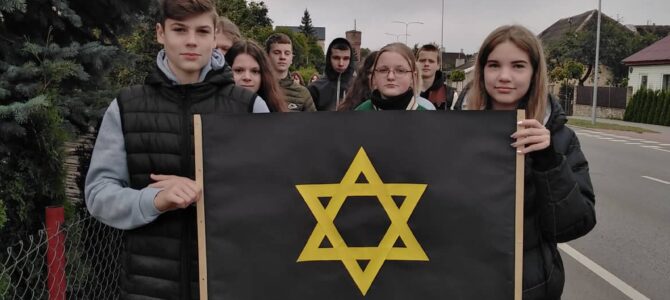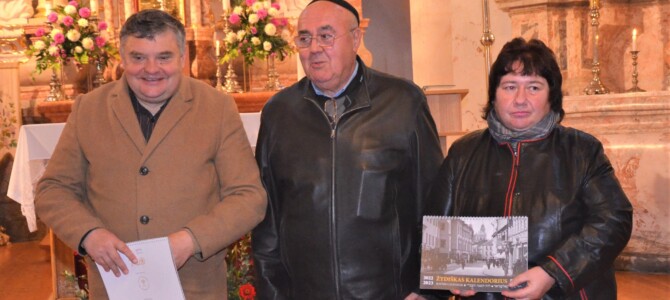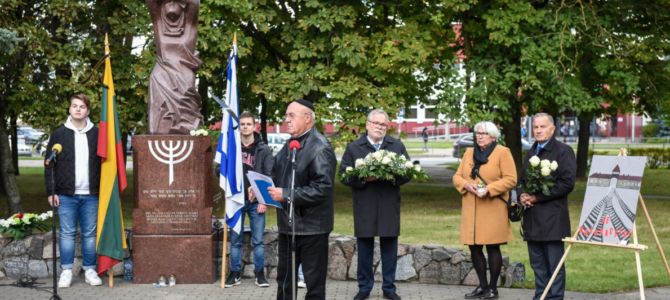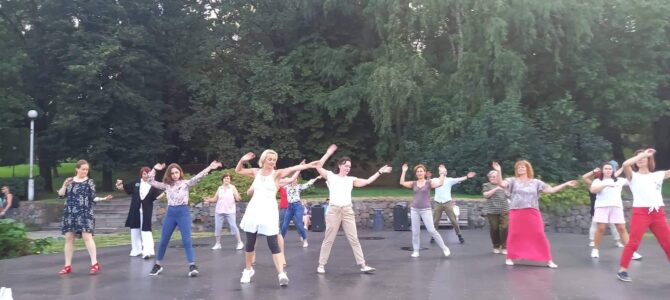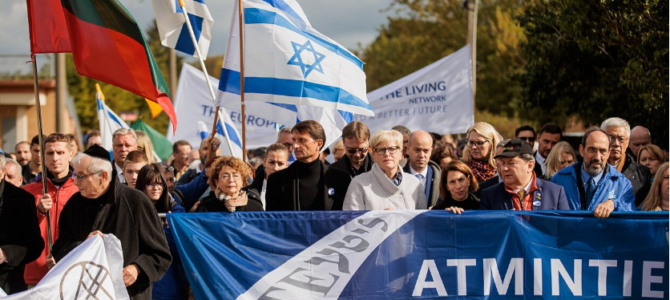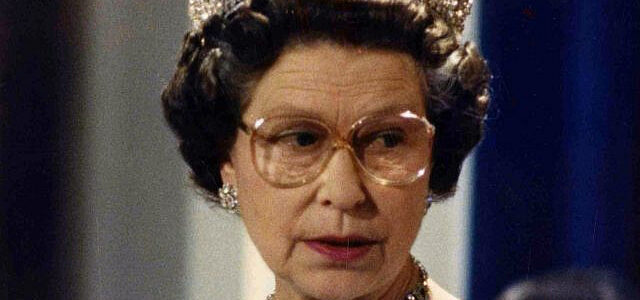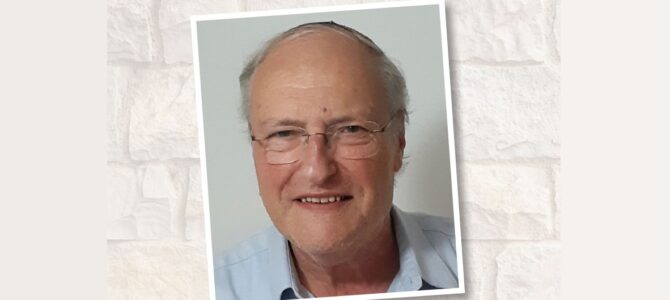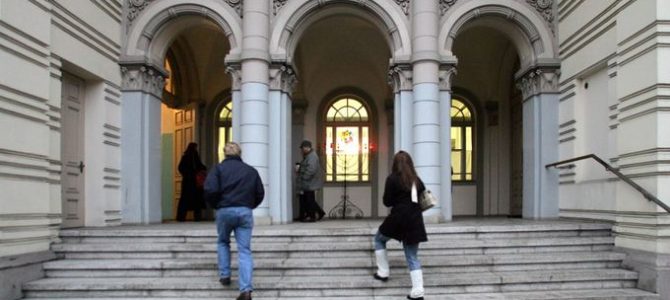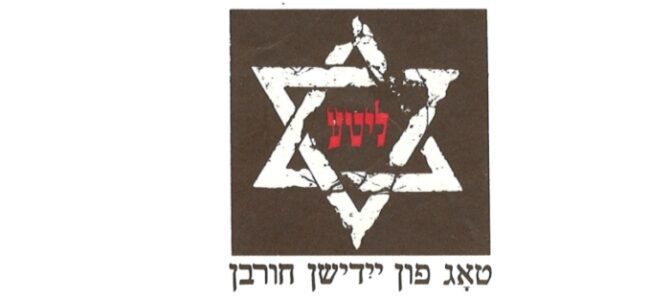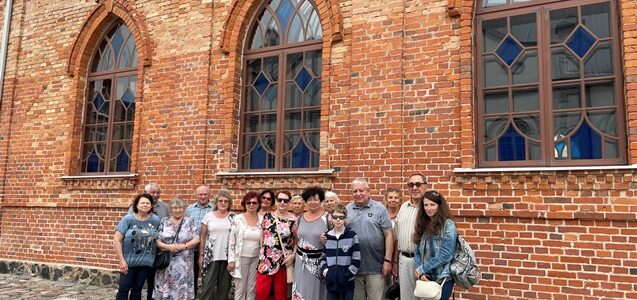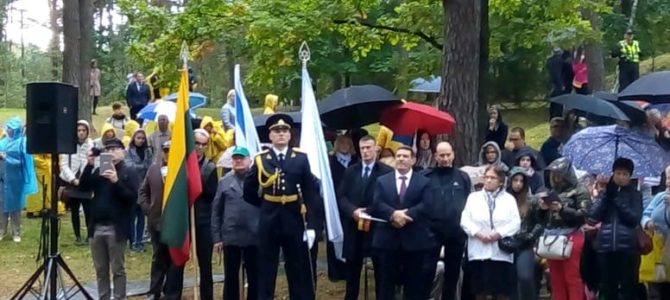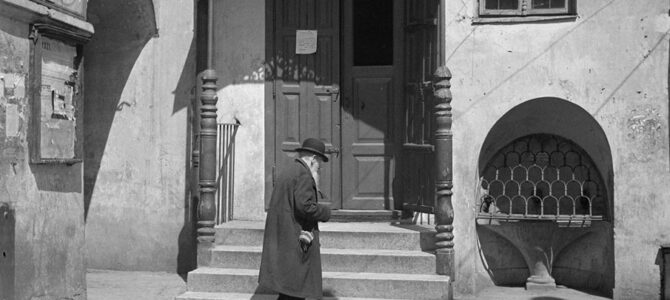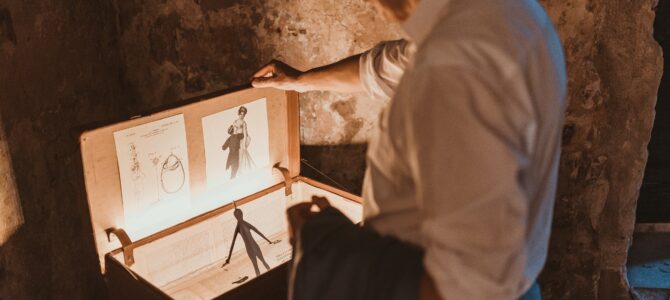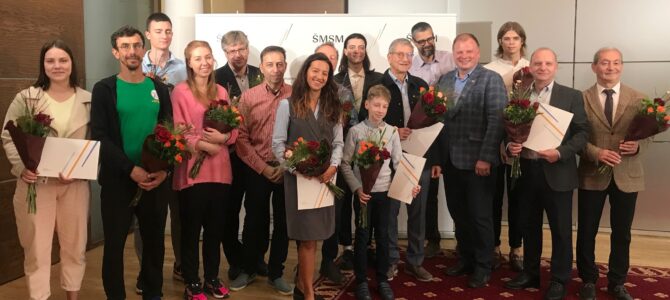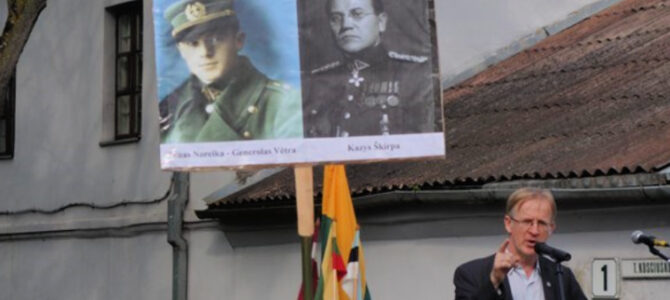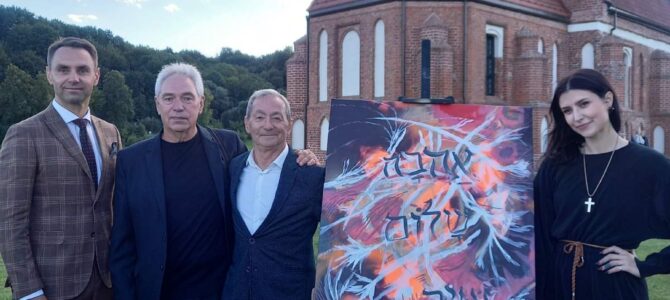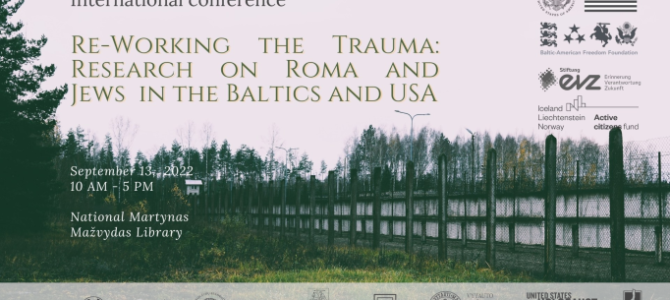On August 5 the Foreign Affairs Committee of the Lithuanian parliament approved the idea of providing the Sugihara House in Kaunas 150,000 euros annually to keep the museum open.
This followed a plea by museum director Ramūnas Janulaitis, appointed in the wake of the death of the museum’s founder and director Simonas Dovidavičius in December of 2019, for help maintaining the museum after a steep reduction in tourist visits because of the virus panic and the Ukrainian war.
Ambassadors from Japan, Israel, the United States, the Netherlands, Germany and Poland to Lithuania responded to the plea with a joint letter to Lithuania’s minister for culture and minister for science, education and sports. In their letter they said Chiune Sugihara’s legacy was important for building democracy, tolerance and human values.


